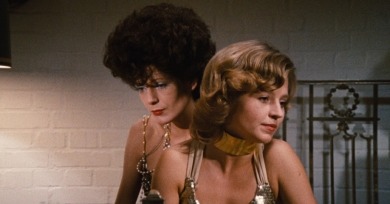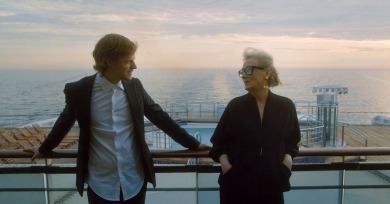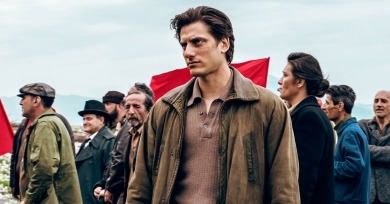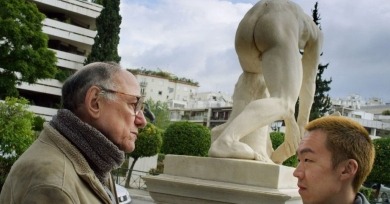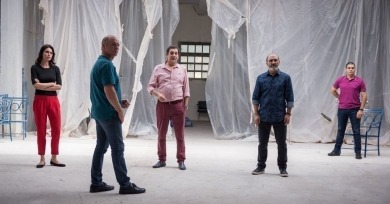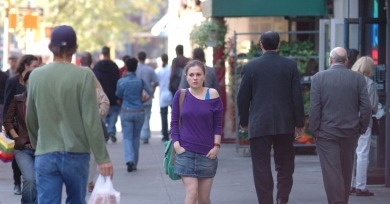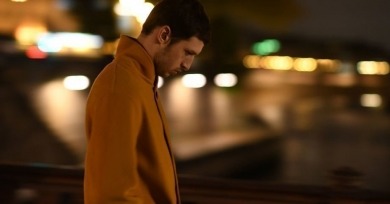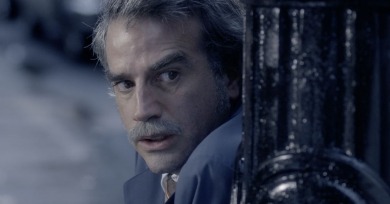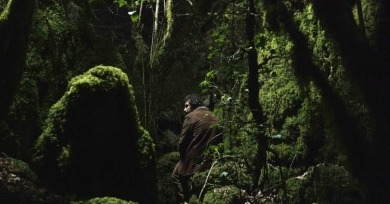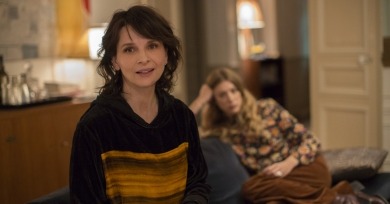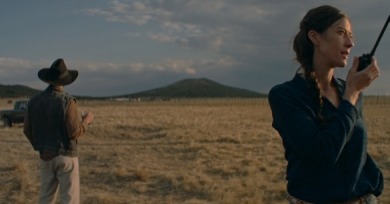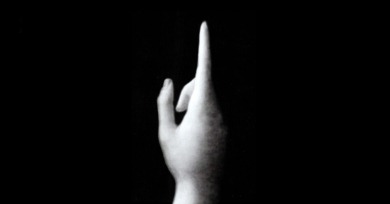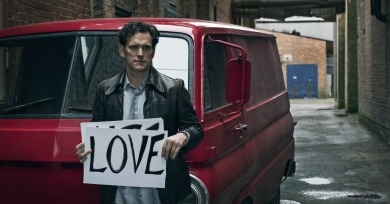Lawrence Garcia
If the great dilemma of Fassbinder’s generation was how to connect to a tradition that had been, for a time, variously distorted and co-opted by National Socialism, Petra von Kant, with its connections to American Hollywood cinema, seemed to me like an auspicious reinvention.
Throughout his career, Steven Soderbergh has displayed both a fascination with the ground-level manifestations of globalization and an ability to leverage the demands of capital into the very style and substance of his creative work.
In adapting London’s novel, Marcello and his screenwriting partner Maurizio Braucci have transposed Eden’s story from turn-of-the-century Oakland to the coast of Naples, but they’ve also left the question of when intentionally unresolved, indeterminate.
The Last City continually trades on a pervasive, pointed sense of absurdity, underscoring our distorted perceptions of the world and its sundry surfaces.
In battling with paranoia and insomnia, and trying to make sense of the world, two writers go down separate wormholes—of an Australian faux-documentary horror movie and a Jacques Rivette tumble into conspiracy.
The basic premise trades in the kind of casual absurdism that’s by now expected of Porumboiu. More surprising is the fact that The Whistlers plays much like a standard policier—a relatively by-the-book offering from a director who has distinguished himself by a willingness to throw out the manual.
Appropriately enough given the wending paths of its volatile teenage heroine, the film occupies a state of arrested transformation, as if on the cusp of an epiphany that never quite arrives.
Though an adroit orchestrator of discrete scenes, Lapid has thus far struggled to construct wholly satisfying narrative containers for them. So if Synonyms stands as his most accomplished work to date, that is because it commits fully to an elliptical, disjunctive method.
No heroic Siegfried figure, Humberto is a feckless opportunist. And so his voiceover, which persists throughout the runtime, inevitably recalls the mobsters of Martin Scorsese, whose The Wolf of Wall Street Veiroj has cited as a conscious model.
Eloy Enciso’s Endless Night, Maya Da-Rin’s The Fever,Affonso Uchôa’s Seven Years in May, Ben Rivers and Anocha Suwichakornpong’s Krabi, 2562, James N. Kienitz Wilkins’s This Action Lies, Annie MacDonell’s Book of Hours, Sergei Loznitsa’s State Funeral, and more
Non-Fiction neither modulates its overall tenor nor its comic beats to suit any single actor.What the part so adroitly handles, though, is Binoche’s persona, recognizing not just her appeal and artistry but also the challenges of navigating the prevailing film culture in the way that she might have before.
Instead of tracing the more settled trajectory of the film—a gradual fall from grace to match the early passage from unfettered youth to straitened middle age—it seems more apropos to focus on his ecstatic cinematic orchestrations, which are, not to put too fine a point on it, the main attraction.
Clips culled from cinema and reportage flicker and transform before our eyes in a barrage of changing aspect ratios, contrast levels, and color saturation intensities; gnomic pronouncements and aphorisms (some translated, others not) boom and crackle over a detailed 7.1 sound mix.
If the identities of Jack and von Trier were previously still separable, this hellish crucible forges them together irrevocably. Whatever else one might say about von Trier, this is filmmaking imbued with terrifying clarity regarding its (self-)destructive nature.
